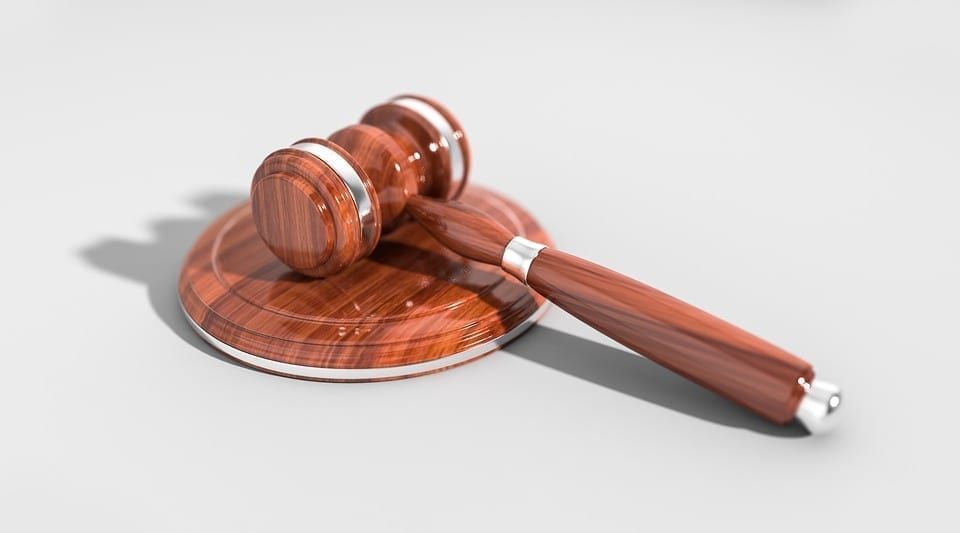Through strategic litigation and advocacy, class actions serve as a powerful tool for promoting justice.
In the realm of consumer protection and corporate accountability, class action lawsuits play a pivotal role in holding companies accountable for the safety and quality of their products. These legal actions, often involving a large group of individuals who have been harmed by a common product or practice, serve as a powerful mechanism for seeking justice and compensation. In the context of product liability cases, class actions can have far-reaching implications for both consumers and businesses alike.
Understanding Product Liability
Before delving into the role of class action lawsuits, it’s essential to grasp the concept of product liability. Product liability refers to the legal responsibility of manufacturers, distributors, and sellers for injuries or damages caused by defective or unsafe products. This responsibility extends to various types of defects, including design defects, manufacturing defects, and inadequate warnings or instructions.
Product liability laws vary by jurisdiction but generally aim to protect consumers from harm and ensure that companies uphold certain standards of quality and safety. When a product fails to meet these standards and causes harm, the injured parties may pursue legal recourse through a product liability claim.
The Rise of Class Action Lawsuits
Class action lawsuits have become increasingly prevalent in the realm of product liability, particularly in cases where multiple consumers have been affected by the same defective product. Rather than each individual pursuing separate legal actions, class actions consolidate similar claims into a single lawsuit, streamlining the process and amplifying the collective voice of the plaintiffs.
One of the primary advantages of class actions in product liability cases is their ability to address widespread harm efficiently. When numerous consumers experience similar injuries or damages due to a defective product, a class action can provide a unified approach to seeking compensation and holding the responsible party accountable. Additionally, class actions allow individuals with relatively small claims to participate in litigation that they might not otherwise pursue on their own.
Advantages and Challenges
Class action lawsuits offer several advantages for both plaintiffs and defendants. For plaintiffs, joining a class action can reduce the burden of legal costs and procedural complexities associated with individual lawsuits. It also enables them to benefit from the expertise of experienced product liability attorneys who specialize in complex litigation.
On the other hand, defendants may prefer to resolve claims through class actions to achieve finality and avoid the uncertainty of multiple individual lawsuits. By settling a class action, companies can mitigate reputational damage and minimize the risk of costly litigation expenses and adverse jury verdicts.
However, class action lawsuits also present challenges, particularly in terms of certification and management. Courts must certify a class before a lawsuit can proceed as a class action, which requires demonstrating that the case meets specific legal criteria, such as numerosity, commonality, typicality, and adequacy of representation. Additionally, coordinating the interests and preferences of numerous class members can pose logistical challenges throughout the litigation process.
Impact on Consumer Protection
The role of class action lawsuits in product liability cases extends beyond individual compensation to broader implications for consumer protection and corporate accountability. By aggregating claims and pooling resources, class actions amplify the collective power of consumers to challenge corporate misconduct and demand accountability for unsafe products.

Moreover, class actions can incentivize companies to improve product safety and quality control practices to avoid future litigation. The prospect of facing substantial liability in a class action lawsuit may prompt companies to conduct rigorous testing, provide adequate warnings, and implement effective recall procedures to prevent harm to consumers.
Recent Developments and Future Trends
In recent years, several notable class action lawsuits have shaped the landscape of product liability law and consumer rights. From defective medical devices to harmful pharmaceuticals and automotive recalls, these cases have underscored the importance of robust legal mechanisms for holding corporations accountable for their actions.
Looking ahead, technological advancements and evolving consumer preferences are likely to influence the trajectory of class action litigation in product liability cases. With the rise of e-commerce and digital platforms, questions regarding jurisdiction, data privacy, and online transactions may introduce new complexities and challenges for class action practitioners and courts.
Additionally, heightened awareness of environmental sustainability and product transparency may give rise to class actions targeting companies that engage in deceptive marketing practices or fail to disclose potential environmental hazards associated with their products.
Conclusion
Class action lawsuits play a vital role in product liability cases by empowering consumers to seek redress for injuries caused by defective or unsafe products. These legal actions serve as a check on corporate misconduct and promote accountability, while also providing an efficient means for resolving disputes and compensating affected individuals.
While class actions offer benefits in terms of efficiency and collective action, they also present challenges in terms of certification, management, and coordination. Nevertheless, the impact of class action litigation extends beyond individual cases, influencing corporate behavior, consumer protection efforts, and the evolution of product liability law.
As consumers continue to demand transparency, accountability, and safety from the products they purchase, the role of class action lawsuits in holding companies accountable for their actions remains as important as ever. Through strategic litigation and advocacy, class actions serve as a powerful tool for promoting justice and protecting the rights of consumers in an increasingly complex marketplace.


Join the conversation!